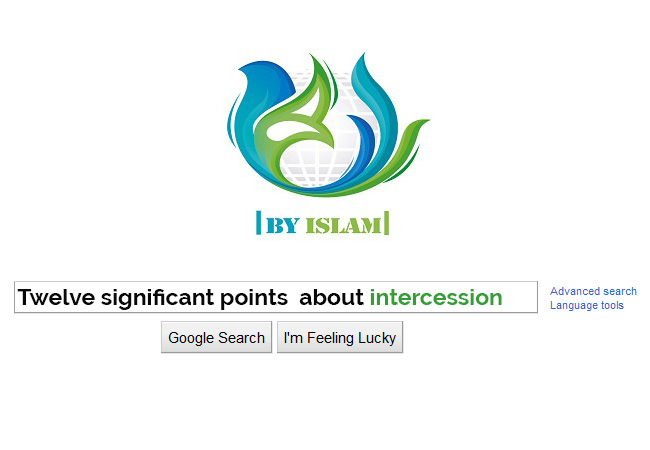Twelve significant points that you should know about intercession/10
 Deniers of Shafa’a
Deniers of Shafa’a
Those who have basically denied Shafa’a have mentioned some reasons:
Shafa’a Causes Boldness over Sinning
Some believe that believing in Shafa’a causes boldness over sinning in people and revives the spirit of transgression in sinners and criminals; thus, believing in it is not compatible with the spirit of the Islamic law and other laws.
Answer: firstly, if it is so, repentance which brings the forgiveness of sins can be considered as encouraging people to sin again; while, repentance is an original Islamic belief and agreed by all Muslims.
Secondly, Shafa’a would lead to transgression only if includes all criminals in general; but, if it becomes ambiguous that for what sins and sinners and when on the Day of Judgment, Sahfa’a would be used, then it would not lead to encouragement of sinning.
There is no Need for a Mediator between God and Human Being
God is closer to human beings than their veins and more merciful than anyone to His creation, thus why would we go to anyone other than Him for any request.
Answer: It is true that God is closer to us than our vein, but the wisdom of creation of human being on earth has required that God sends His messengers to guide people than speaking directly to them and that wisdom also required that the position of these messengers would be high before people so that the guidance would be accomplished in a better way, therefore God granted them infallibility from sinning and error so that human being would follow them confidently and gave them positions in appearance so that their great positions before God is better known to people and attracted people’s hearts to them.
In the Qur’an, God mentions some cases and tells people to take these people as mediator in order to reach better results, cases such as the brothers of prophet Joseph (a) who asked their father to intercede for them and ask God for their forgiveness, or elsewhere introduced the Last Prophet’s (s) asking for forgiveness more effective than people’s own supplication or mentioned that people referred to prophet Jesus (s) as the divine proof of their time to heal their sick ones and solve their problems. If it was wrong to take a mediator while knowing the closeness of God, it must have been criticized in the Qur’an, not introducing it to people as a recommended act.
The Punishment of a Sinner can either be Practicing Justice about him or Shafa’a
Shafa’a removes the punishment, which is either justice or oppression. If it is justice, then punishment has been God’s oppression (God forbids), and if it is basically oppression and punishment and justice, then Sahfa’a of intercessors and their action in removing the punishment is oppression.
Answer: removing the punishment can be mercy and neither labels of justice or punishment applies about it. In other words, removing punishment is mercy and above justice. God, the Immaculate has determined punishment for wrongdoers according to His justice, but removing punishment due to Shafa’a is mercy and kindness. God has taught His servants to be just and ordered them to try to reach the level higher than justice which is kindness, “Indeed Allah enjoins justice and kindness,…” (19:90). He also taught His servants that if one did wrong about you, you can punish him due to justice, however it would be better if you forgive him due to patience and kindness.[1]
[divider]
1)Qur’an, 16:126


